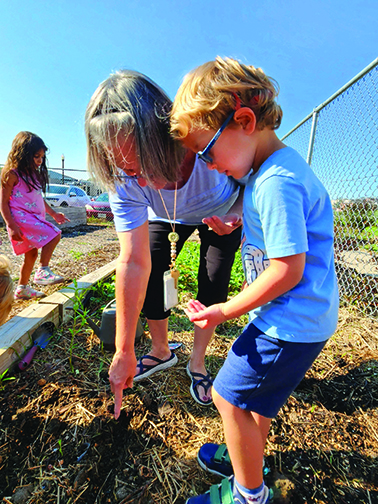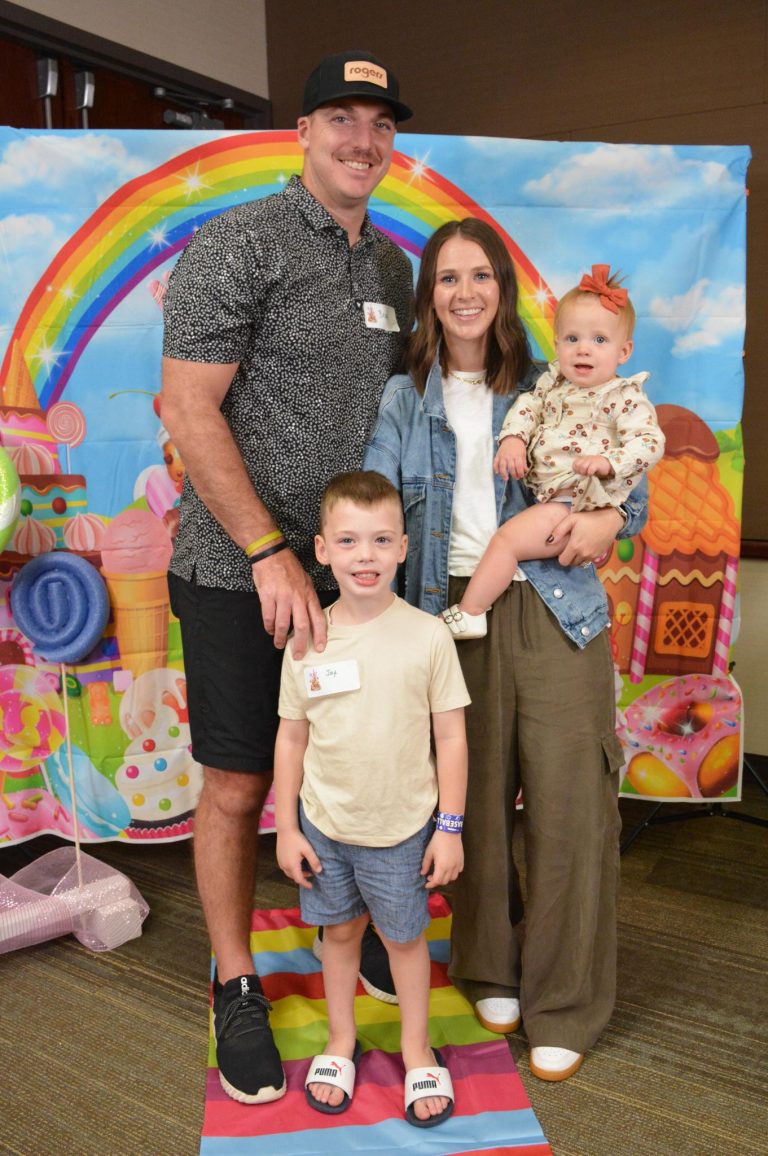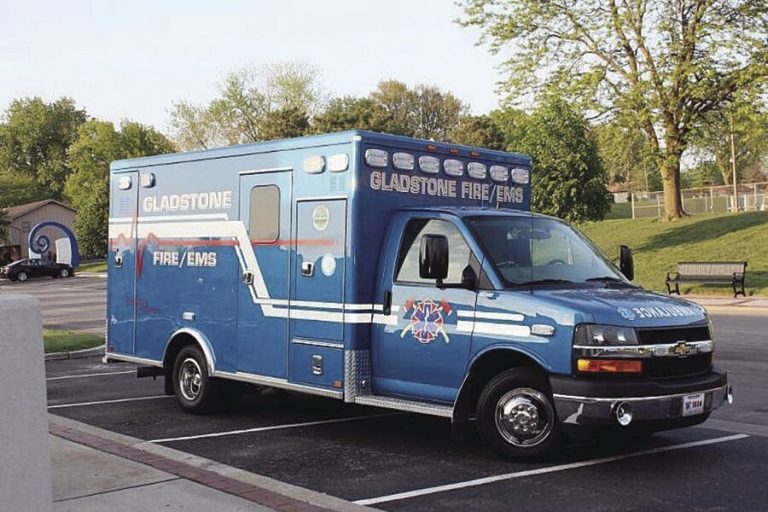GLADSTONE — Oakhill Day School invited students to embrace the season with a unique blend of fun and learning at the Living Lab’s Pumpkin Scavenger Hunt.
This activity, organized by the school’s Compost Club, had students search for 25 hidden pumpkins while soaking in the vibrant fall colors and discovering the wonders of nature up close.
The scavenger hunt is open now through Nov. 22, giving students time to take part in the autumn festivities right on campus, according to a school press release.
“Our Living Lab is full of seasonal beauty and provides a real-time view into Missouri’s ecology,” said Jared Cole, science teacher at Oakhill. “Classes heading out in the next week will still get to see Monarch butterflies migrating, skippers fluttering about and trees like the wild plum showing off their fall colors. The asters may be a bit droopy, but their purples are as brilliant as ever.”
The Pumpkin Scavenger Hunt is designed with accessibility in mind — pumpkins are visible from the gravel path and wood-chipped areas, allowing students to explore without disrupting the natural space.
Originally inspired by a 2019 third-grade project, the Living Lab began with the creation of a 700-square-foot rain and butterfly garden. The success of this initial endeavor led to further development, transforming the area into a comprehensive outdoor science zone, reports the school. With grant funding in 2020, Oakhill expanded the Living Lab to include a 210-foot trail, a compost demonstration site, an upland prairie garden and a gathering space.
Students in kindergarten through eighth grade engage with the Living Lab in numerous ways including:
• first-graders capturing Monarch caterpillars from the garden to observe their lifecycle and release them as butterflies;
• second-graders testing models of wind-borne seeds;
• third-graders surveying the lab to create food webs and understanding the interconnections of local ecosystems; and
• eighth-graders designing and carrying out investigations to estimate plant populations.
The Living Lab also supports Oakhill’s commitment to environmental sustainability. “The school’s Compost Club manages an on-site composting process, collecting food scraps from the school’s cafeterias and adding the finished compost back into the garden beds,” reports the school. “This hands-on learning approach aligns with the school’s nutrition education efforts as students grow food plants that support lessons on healthful eating.”



